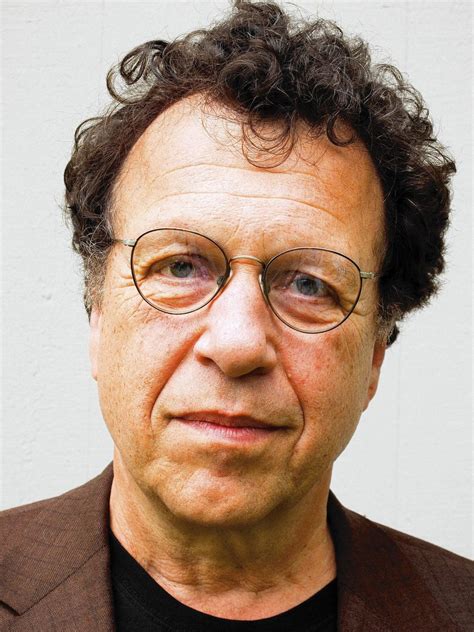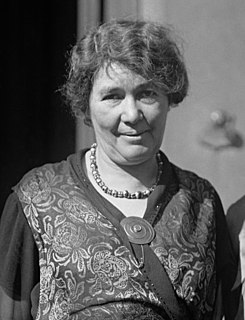A Quote by William Faulkner
War is an episode, a crisis, a fever the purpose of which is to rid the body of fever. So the purpose of a war is to end the war.
Related Quotes
Far from being reluctantly propelled into hostilities by popular war fever, leaders incite that fever in order to gather support for their war policies. Thereby do they attempt to distract the public from pressing domestic matters, serve the overseas interests of U.S. investors, justify gargantuan military budgets, and present themselves as great leaders.
War is an ugly thing, but not the ugliest of things: the decayed and degraded state of moral and patriotic feeling which thinks nothing worth a war, is worse. A war to protect other human beings against tyrannical injustice; a war to give victory to their own ideas of right and good, and which is their own war, carried on for an honest purpose by their own free choice - is often the means of their regeneration.
War is not violence and killing, pure and simple; war is controlled violence, for a purpose. The purpose of war is to support your government's decisions by force. The purpose is never to kill the enemy just to be killing him but to make him do what you want him to do. Not killing... but controlled and purposeful violence.
World War Two was a world war in space. It spread from Europe to Japan, to the Soviet Union, etc. World War Two was quite different from World War One which was geographically limited to Europe. But in the case of the Gulf War, we are dealing with a war which is extremely local in space, but global in time, since it is the first 'live' war.
When war is waged, it is for the purpose of safeguarding or increasing one's capacity to make war. International politics are wholly involved in this vicious cycle. What is called national prestige consists in behaving always in such a way as to demoralize other nations by giving them the impression that, if it comes to war, one would certainly defeat them. What is called national security is an imaginary state of affairs in which one would retain the capacity to make war while depriving all other countries of it.





































